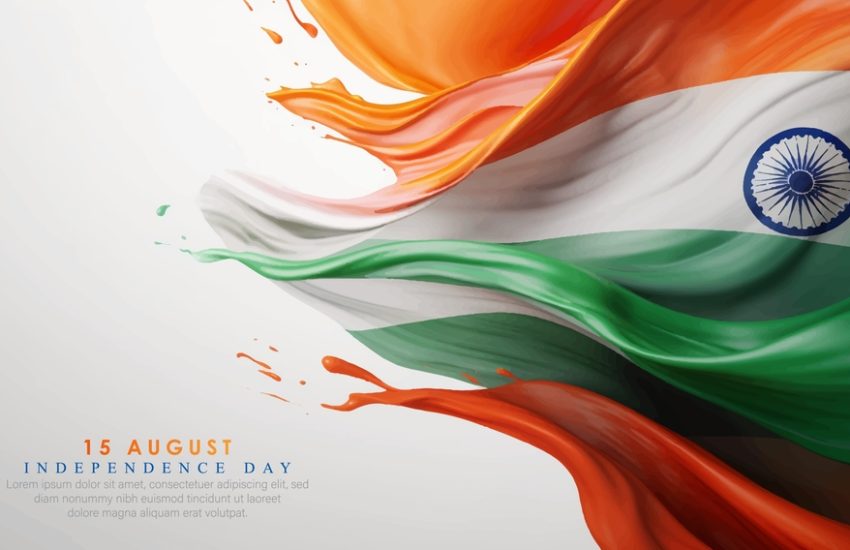India’s reputation as a global education hub continues to grow, attracting students from around the world seeking high-quality academic programs, diverse cultural experiences, and vibrant campus life. Whether you’re drawn to India’s prestigious universities, renowned research institutions, or dynamic learning environments, obtaining a student visa is the first step toward realizing your educational aspirations in this culturally rich and intellectually stimulating country. This comprehensive guide explores the nuances of student visas for India, highlighting the opportunities and requirements for international students pursuing education in the land of diversity and innovation.
Understanding the Student Visa
A student visa is a specialized category of visa designed for individuals seeking to pursue academic or vocational studies in a foreign country. In India, the student visa (often referred to as an “X Visa”) is granted to foreign nationals enrolled in recognized educational institutions for full-time courses.
Types of Student Visas
India offers various types of student visas to cater to the diverse needs of international students:
- Student Visa (X Visa): Issued to foreign students enrolled in degree programs, diploma courses, or certificate programs at recognized Indian educational institutions.
- Research Visa: Granted to foreign students pursuing research or doctoral studies at Indian universities, research institutions, or laboratories.
- Intern Visa: Available for foreign students undertaking internship or training programs with Indian companies, organizations, or educational institutions.
Eligibility Criteria:
To qualify for a student visa in India, applicants must meet certain eligibility criteria, including:
- Acceptance into a recognized educational institution in India.
- Enrollment in a full-time course of study.
- Proof of financial means to cover tuition fees, living expenses, and other related costs.
- Medical fitness certificate from a recognized medical practitioner.
- No adverse immigration or criminal record.
- Compliance with visa regulations and requirements set by the Indian government.
Application Process:
The process of applying for a student visa in India typically involves the following steps:
Obtain Admission: Secure admission into a recognized Indian educational institution and receive an official acceptance letter or admission offer.
Complete Visa Application Form: Fill out the online visa application form accurately, providing all required information and supporting documents.
Gather Required Documents: Gather necessary documents, including passport, passport-sized photographs, admission letter, proof of financial means, and medical certificate.
Pay Visa Fees: Pay the applicable visa fees through the designated payment channels, which may include online payment gateways or bank transfers.
Schedule Biometrics and Interview: Some visa categories may require applicants to undergo biometric data collection or attend an interview at the consulate or embassy. Follow the instructions provided to schedule these appointments.
Await Processing and Approval: Allow sufficient time for visa processing, which may vary depending on the workload at the consulate, time of year, and other factors. You can track the status of your application online using the provided reference number.
Receive Visa and Verify Details: Upon approval, you’ll receive your student visa via email or postal mail. Carefully review the visa details to ensure accuracy, including your name, passport number, visa type, validity dates, and any conditions or restrictions.
Benefits of Studying in India:
Studying in India offers numerous benefits for international students:
Academic Excellence: India boasts a rich academic tradition with prestigious universities and research institutions renowned for their quality education and innovative programs.
Cultural Diversity: Immerse yourself in India’s diverse cultural tapestry, experiencing festivals, traditions, languages, and cuisines from different regions of the country.
Affordable Education: Compared to many Western countries, the cost of tuition and living expenses in India is relatively affordable, making it an attractive destination for students seeking value for money.
Career Opportunities: India’s rapidly growing economy and expanding job market offer abundant opportunities for career growth and professional development in various fields.
Personal Growth: Living and studying in India fosters personal growth, resilience, and cross-cultural understanding, preparing students for success in an increasingly interconnected world.
Conclusion
Obtaining a student visa for India opens the door to a world of educational opportunities, cultural experiences, and personal growth. By understanding the visa requirements, application process, and responsibilities of student visa holders, international students can embark on a transformative journey of learning and discovery in one of the world’s most dynamic and culturally rich countries. Whether you’re pursuing a degree, conducting research, or gaining practical experience through internships, studying in India offers a unique blend of academic excellence, cultural immersion, and global networking opportunities that will enrich your life and career for years to come.

